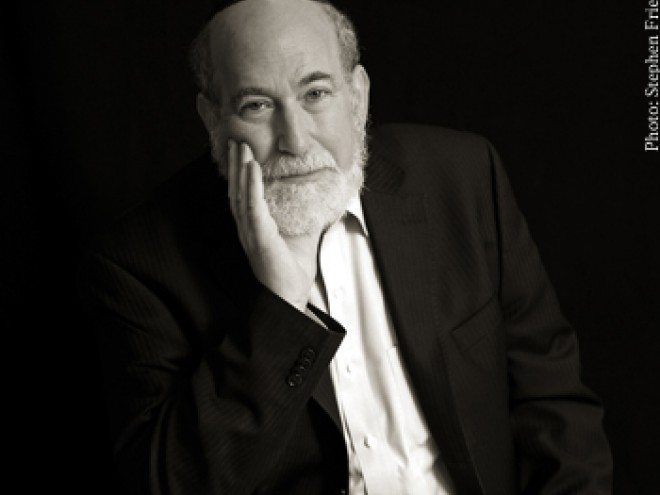by William Liss-Levinson
I wrote In Search of Theological Modesty: Biblical Lessons to offer some perspectives that may enable readers to re-conceptualize themselves as thoughtful, spiritual Jews. The twenty-first century is emerging as a challenging time for people with faith-based traditions who also seek paths of openness to pluralistic voices and streams of spirituality. I have been personally troubled by fundamentalism, extremism, triumphalism and an intolerance that is garbed in the certitude of how one person or one group speaks the “The TRUTH” in contradistinction to the views and beliefs of others. In Search of Theological Modestyis deeply rooted in traditional Jewish approaches to biblical exegesis, but also finds new ways to support a commitment to tolerance and respect through examination of key stories and commandments in the Torah.
Blending homiletics with psychological insights, with this book I sought to create images, themes, and lessons that are both particularistic and global. Through analysis of Biblical texts in the Five Books of the Torah, I illustrate three special themes I see within Judaism: placing God, and not ourselves, at the center of the universe; understanding the boundaries and limitations we have as human beings; and, recognizing the dangers inherent in the certainty that one’s beliefs and perspectives are the only ones reflective of God’s truth and will. This book will hopefully paint backdrops of possibilities for Jews, regardless of their particular beliefs, rituals, and practices, to be open to the potential validity and worthiness of the views and perspectives of others, a concept which I call “Theological Modesty.”
 This book is intended primarily to raise questions and suggest some possible answers that require one to look through a different lens. Because the chapters are each relatively brief, the book is well-suited to be incorporated into synagogue adult education programs and in a variety of other educational forums, through which these issues can be explored. Finally, for theologically committed people of other faiths, I have hopefully presented the Jewish texts and other Jewish sources in a manner such that they, too, will find value in these chapters. Issues of pluralism and openness to differing views are certainly very much alive in other faiths as well. Intra- and inter-religious understanding is a challenge we all share. I invite people of varying backgrounds and understandings to join in my own search to more humbly approach my beliefs, other people, and their beliefs and faiths.
This book is intended primarily to raise questions and suggest some possible answers that require one to look through a different lens. Because the chapters are each relatively brief, the book is well-suited to be incorporated into synagogue adult education programs and in a variety of other educational forums, through which these issues can be explored. Finally, for theologically committed people of other faiths, I have hopefully presented the Jewish texts and other Jewish sources in a manner such that they, too, will find value in these chapters. Issues of pluralism and openness to differing views are certainly very much alive in other faiths as well. Intra- and inter-religious understanding is a challenge we all share. I invite people of varying backgrounds and understandings to join in my own search to more humbly approach my beliefs, other people, and their beliefs and faiths.
Related Content:
- Ilan Stavans: Academic Freedom Is Wasted on Academics
- Rabbi Shmuly Yanklowitz: Is Prayer for Activists?
- Mort Zachter: Gild Hodges and Anivut




